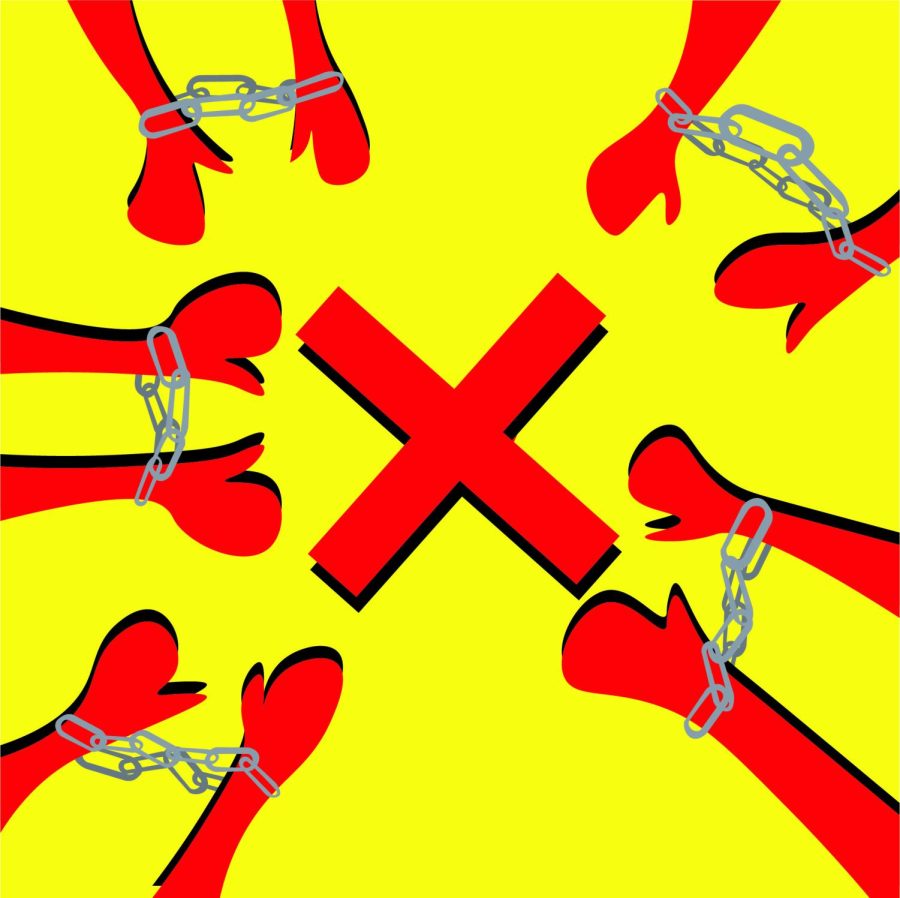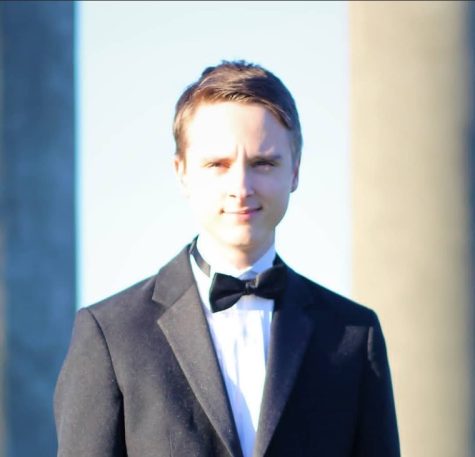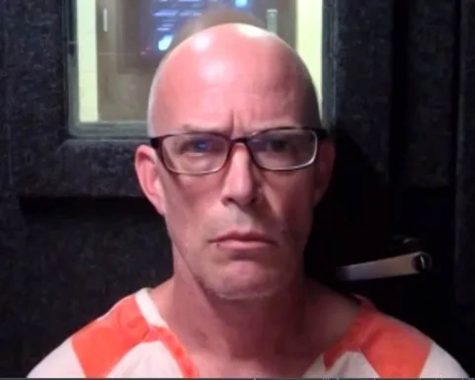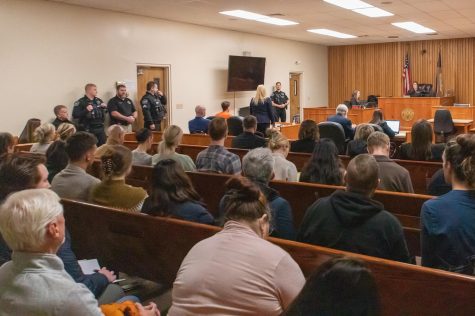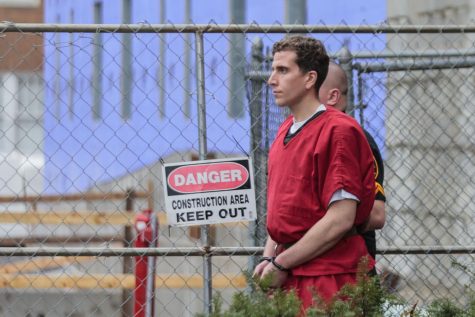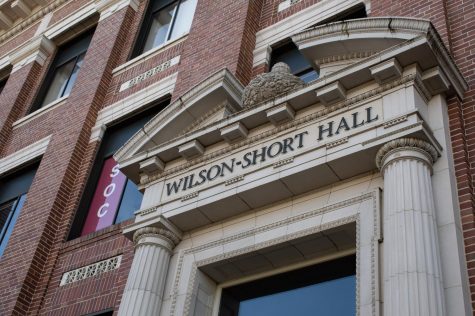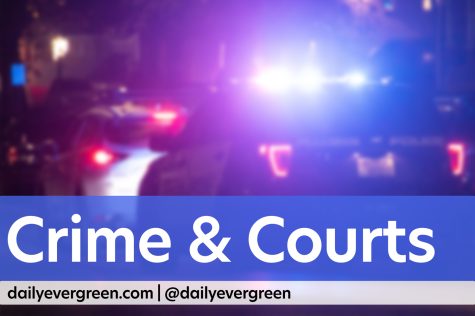Women*s Center raises awareness about human trafficking, campus violence
People of color, women are more likely to be affected by human trafficking
About 3.49 out of every 100,000 people in Washington are affected by human trafficking.
January 19, 2022
Human trafficking affects people of color disproportionately more than white people, even in areas like eastern Washington where levels are relatively low.
About 3.49 people out of every 100,000 people in Washington are affected by human trafficking, which places the state outside the top 10 states with the highest levels of human trafficking, said Saoirse Robinson, senior human development major and WSU Women*s Center violence prevention coordinator.
While a lot of human trafficking statistics are not available because the crime is not always reported, certain races and demographics are trafficked more often than others, specifically people of color, Robinson said.
Human trafficking levels are higher in central Washington than eastern Washington, said Sajeenaa Jebanathan, senior psychology major and violence prevention coordinator.
Women, young people and women of color are most often affected, Jebanathan said.
Robinson said that while human trafficking is an issue, there are other issues the residents of Whitman County can focus on reducing as well.
Some of the most important issues for students to focus on are domestic and sexual violence, with the latter being one of the most common forms of violence on college campuses, she said.
Robinson said the Women*s Center has events planned for April focusing on sexual violence prevention, coinciding with Sexual Assault Awareness Month.
“Our goals are really outreach and awareness on the topics we’ve been discussing because awareness can grow people’s understanding,” Robinson said.
The Women*s Center has focused much of its attention on bringing awareness to this as well as other issues affecting women, including educating people about sexual harassment and Missing and Murdered Indigenous Women, Jebanathan said.
Jebanathan said she believes there has been a lot of attention brought to human trafficking on campus, but there is always room for improvement.
Student organizations can bring awareness to the issue and help nonprofit organizations in order to reduce human trafficking, she said.
“I think there’s more room to get the word out,” Jebanathan said.
Jebanathan said she thinks the Women*s Center is a good resource for students to be more aware of the issues. The Women*s Center Instagram account contains helpful infographics for concerned students as well.

